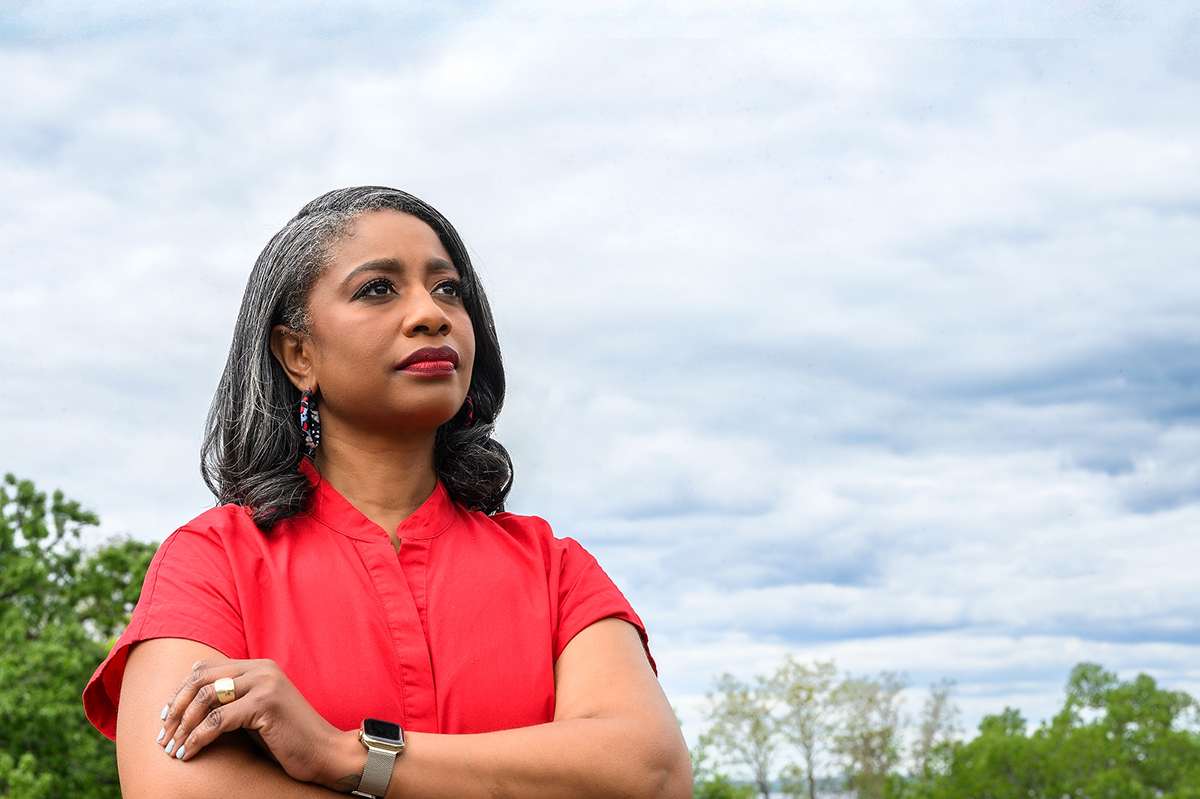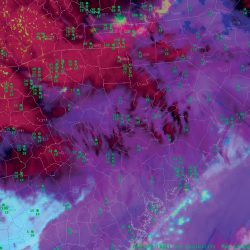Finding Creative Solutions in Community
Marcelle Haddix leads the UW School of Education with an example of excellence and an ethos of care.
All-school gatherings, a weekly email to faculty and staff, “Coffee with the Dean” — the changes Marcelle Haddix has made since stepping into the role of dean at the UW’s School of Education last August have been small but meaningful.
“I just got this new table because the old one was smaller, and I need a table where more people can sit,” Haddix says. “You can imagine six people sitting around the table, taking on a challenging task or issue, and problem-solving and coming up with creative solutions together.”
This vision is one of many that Haddix has for the school, which is ranked number one in the country and houses highly regarded programs across the arts, health, and education. Inheriting a top-tier institution is an honor and an immense responsibility. Haddix embraces both as opportunities to effect positive change.
“I’m more concerned with us having a number one impact,” Haddix says. “How are we addressing the number one issues in our society?”
It’s a question that recalls the Wisconsin Idea: ensuring that the school reaches the people it exists to serve. As a self-described “community-engaged scholar,” Haddix knows that the task of answering that question starts with collaboration.
Talk about the importance of community in your work.
Community engagement has been my anchor and my philosophy in my scholarship, my teaching, and service. … Everything that we do, every decision that we make, should be done in community.
What are some of the “number one issues” the school is working to address?
One of the areas that we’ve been thinking a lot about is how best to enhance human health and quality of life for all members of society. We’re also thinking about mental health and well-being, especially as it relates to young people in schools. We are thinking about literacy here in the state of Wisconsin and how we address the disparities within literacy learning and education in early childhood. We’re also thinking about the teacher workforce. We have the Teacher Pledge, which is an initiative to address the teacher shortage in the state. And we’re thinking about access: what can we do in terms of creating pathways for young people from across the state to have access to education?
You’ve previously practiced as a certified reproductive health doula and yoga instructor. Have these experiences informed your approach to leadership?
What I have from those experiences is an ethos of care. You’re paying attention to people’s lived experiences in the moment. You have to be watchful, you have to have empathy, you have to show care. Those behaviors just naturally become the things that I draw on to be an effective leader.
Which of your roles do you find most rewarding?
I think the role of “leader” in this season of my life is very rewarding. To know that I’m working with really smart people … who feel fulfilled and who wake up every day excited to tackle hard things in service to young people, in service to our community, and in service to future generations. We’re making a change. We are doing transformative work.
Published in the Fall 2025 issue




Comments
Joseph Jackson, Jackson, August 29, 2025
Loving the word, idea, and practice of “community.” Community is practical and also a spiritual discipline.
Blessings,
Rev. Joseph Jackson Jr